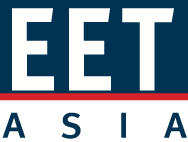But he couldn’t put a time frame on when an electric version of the company’s biggest-selling model, the Ford Ranger ute, might arrive in Australia. Last month, the Ford Ranger was the biggest-selling vehicle of any kind in Australia, with sales up 12.5 per cent to 4192, overtaking fierce rival the Toyota Hilux to take the No. 1 mantle.
Official sales figures from the Federal Chamber of Automotive Industries were released on Tuesday, which showed overall industry sales were up 21 per cent to 83,312 across Australia.
‘A little bit nerve-wracking’
Mr Birkic said Ford in Australia isn’t setting any overall targets for the percentage of electric vehicles it aims to sell in Australia. “It will evolve,” he said.
He said governments had a “role to play” in consumer adoption and ensuring charging infrastructure was rolled out.
A hugely popular Mustang Mach E electric vehicle in the United States won’t be made available to Australian customers looking for a sporty passenger vehicle. “Basically it is sold out,” Mr Birkic said.
Ford would sell its electric vehicles in Australia through a dealer network, and wouldn’t be going down a direct-to-consumer sales model, he said.
Major carmakers around the world are preparing to release a flood of new models globally in a sector where Elon Musk’s Tesla is a pioneer and has been generating strong sales growth.
Ford globally has committed US$30 billion ($41 billion) in investment on the shift into electric vehicles and aims to have 40 to 50 per cent of total sales by volume coming from electric vehicles by 2030.
Ford’s global general manager of battery electric vehicles, Darren Palmer, said via a video call from the United States the company would work closely with business operators to convert fleets to electric vehicles. “It can be a little bit nerve-wracking,” Mr Palmer said. “We’re going to hold their hand along the way.”
Ford Australia’s Mr Birkic said the cost of electric vehicles was gradually coming down, while charging infrastructure is expanding and those factors were catalysts for stepping up the electric vehicle push. “We actually think it’s the right time. We’re comfortable with our position,” he said.
The business case for a particular electric vehicle model in Australia also needed to stack up, he said.
There is increasing investment by companies rolling out electric vehicle charging station infrastructure in Australia. In late August, a new renewable energy fund of US investor BlackRock chose Australian electric vehicle charging company JOLT Charge as its first investment in the sector in the Asia-Pacific, kick-starting a $500 million rollout of 5000 free charging stations.
Ford shut down its car manufacturing factory at Broadmeadows in outer Melbourne in late 2016, becoming the second of four carmakers to exit local production. Mitsubishi bowed out in 2008, while Holden and Toyota both shut their Australian plants in 2017.
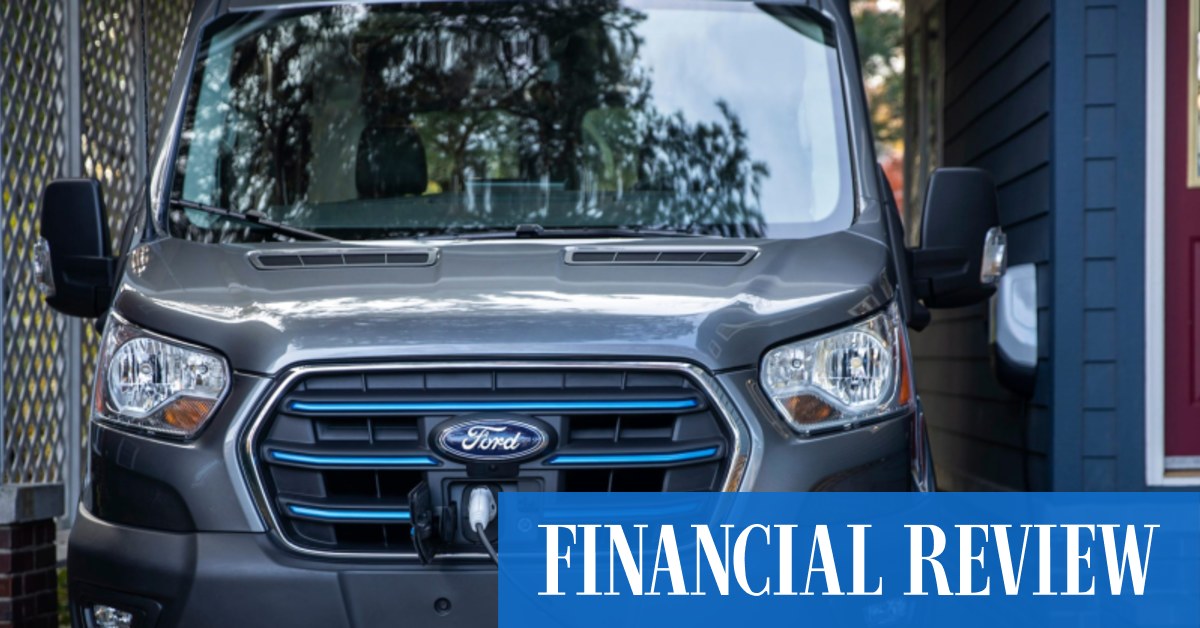
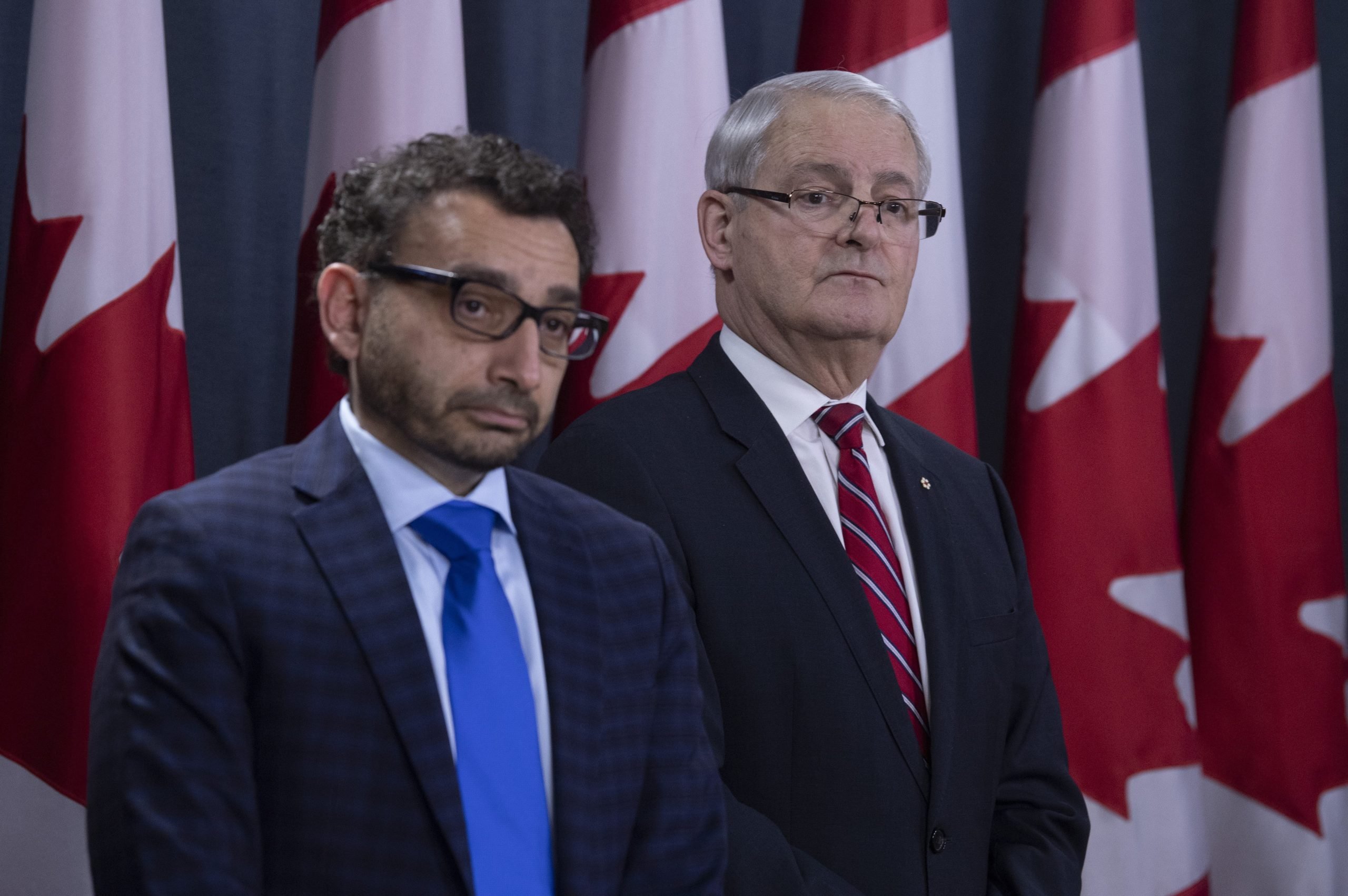
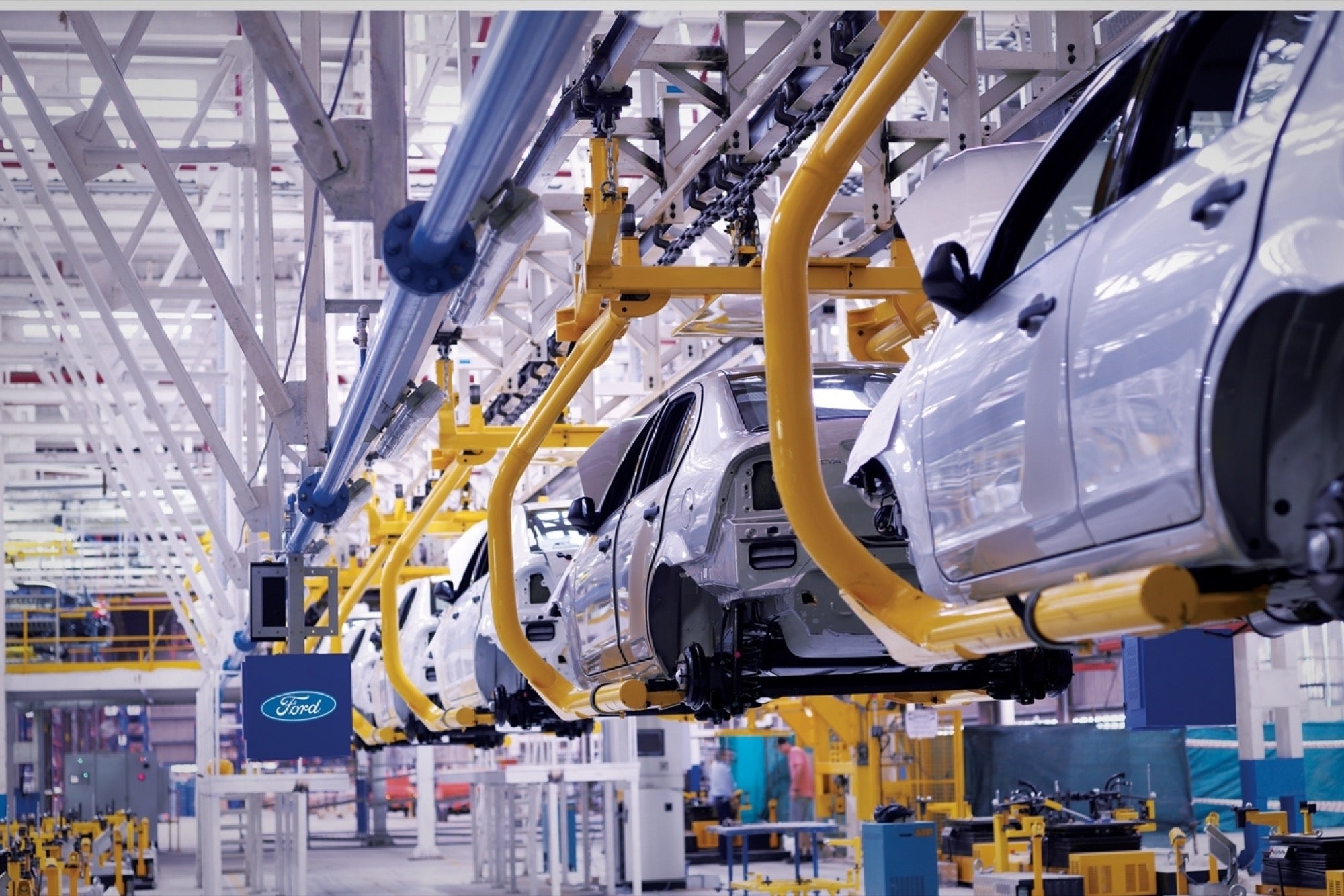





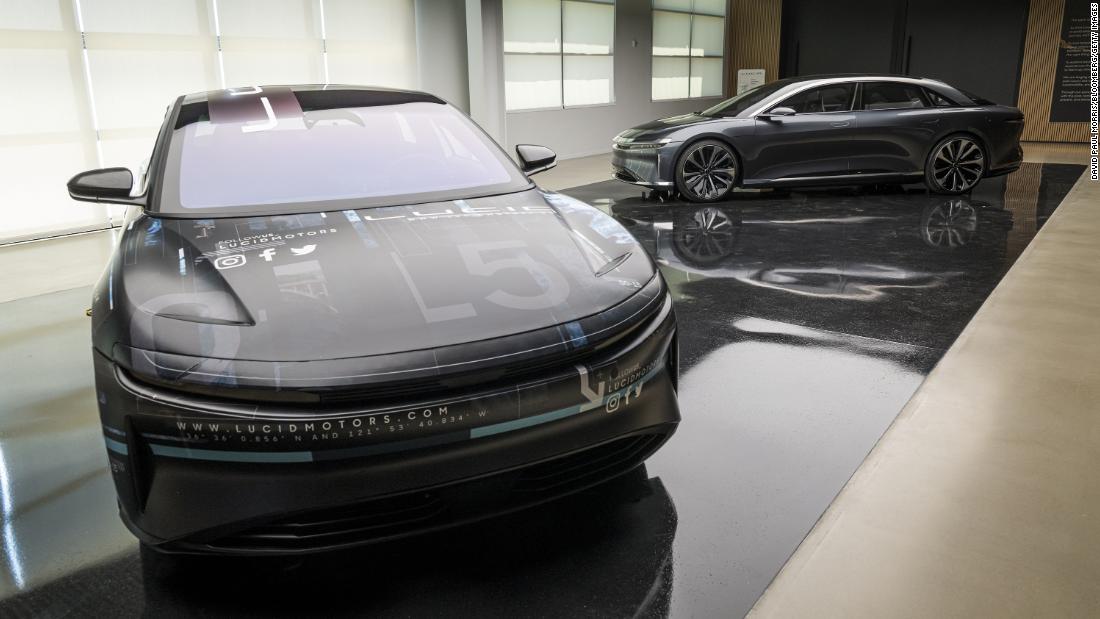
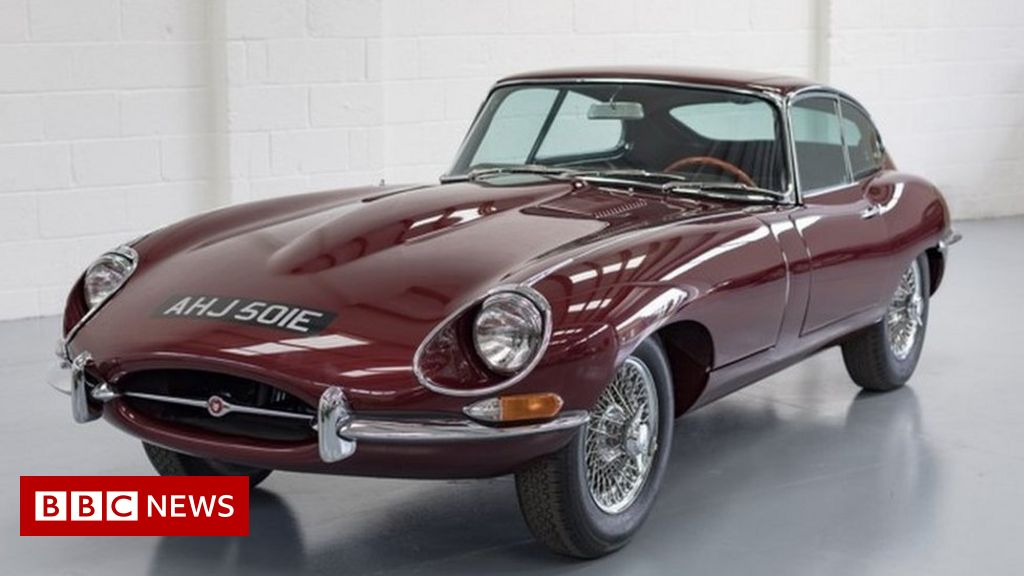

 Dear Reader,
Dear Reader,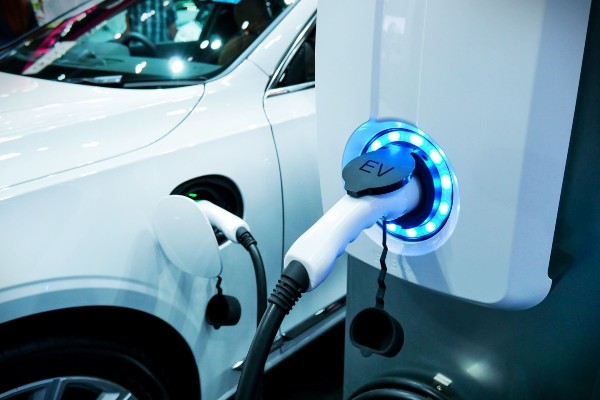

 This month’s In Focus looks at the latest developments, challenges, opportunities, and strategies in the electric vehicle (EV) space.
This month’s In Focus looks at the latest developments, challenges, opportunities, and strategies in the electric vehicle (EV) space.